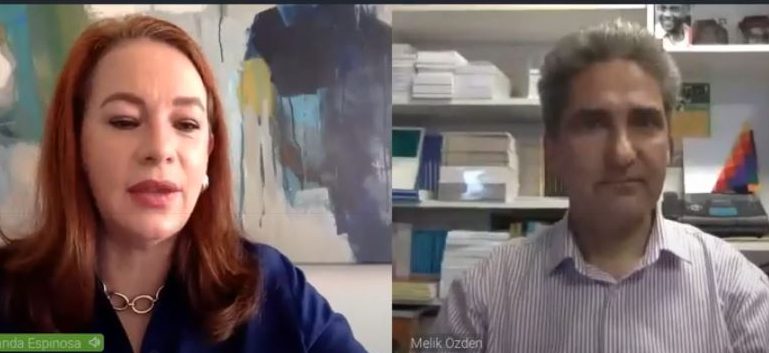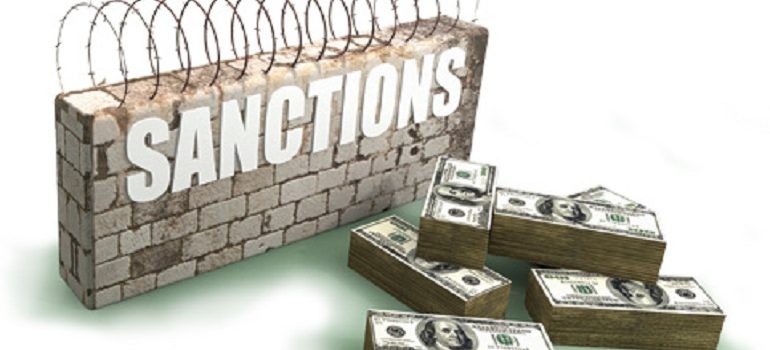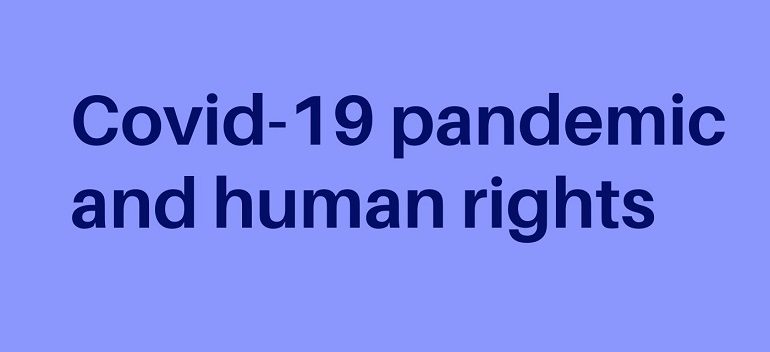CETIM focuses on the promotion and implementation of economic, social and cultural rights (ESCR). They are the backbone of human rights and a powerful tool for achieving a self determinated development model by peoples. This is particularly true for the most vulnerable and marginalised populations. Properly implemented, these rights contribute to the respect for human dignity and to the achievement of social justice. On the contrary, the violation of any of them can jeopardise the enjoyment of all the others.
The universality, indivisibility and interdependence of human rights are enshrined in international instruments. Yet, we are still a long way from their effective implementation for all, and ESCR are among the worst off. Indeed, the basic needs (food, water, health, housing, education) of a third of humanity are still not being met. In some respects, the situation has even deteriorated, including in the countries of the North. This is due to the fact that the policies adopted at economic level accentuate ESCR violations and cause
– increased poverty
– growing inequality across the world
– multiple crises (political, economic, financial, environmental, social and cultural).
By definition, human rights are designed to protect citizens from the arbitrary actions of the most powerful and their governments
The international health crisis linked to COVID-19 has only exacerbated this situation. It has also shown the importance of implementing public policies based on ESCR. In particular, the right to health, the right to housing, the right to food, the right to water, the right to work, the right to education and the right to social security.
But for human rights to be better respected, they must be known, they must be demanded and they must be enforced. However, victims are often unaware of their rights and of the mechanisms available to them for appealing (at national, regional or international level). States, which have an obligation to inform and educate their citizens about human rights, often fail in their duties.
The role played by civil society organisations and social movements in human rights education and training is therefore crucial
– to denounce human rights violations
– to contribute to the implementation of existing standards.
HUMAN RIGHTS COUNCIL 44th session July 2020 [Excerpt from the declaration] CETIM is deeply concerned about the causes of poverty: a multidimensional problem that cuts across all human rights issues. It is indeed essential to tackle poverty well beyond the simple lack of monetary resources. Poverty encompasses the lack of access to health care, decent […]
Continue reading
HUMAN RIGHTS COUNCIL 44th Session July 2020 [Excerpt from the declaration] CETIM is pleased to note that the analyses of Mr. Pūras are in line with ours, developed over many years on this fundamental right. As the Rapporteur rightly points out, it is essential today to identify the major determinants of physical and mental health […]
Continue reading
On 2 June 2020, Melik Özden, Director of the CETIM, was invited to participate in the webinar organised by the Permanent Missions of Belarus, China, Cuba, Iran, Nicaragua, Russia, Syria, Venezuela and Zimbabwe to the United Nations in New York.
Continue reading
Unilateral coercive measures continue to proliferate during the Covid-19 pandemic. This is all the more worrying in the context of a deep economic crisis which because of the pandemic is becoming more acute.
Continue reading
Containment has demonstrated the importance of respect and effective implementation of all human rights.
Continue reading
« Previous
1
…
10
11
12
13
14
…
33
Next »





